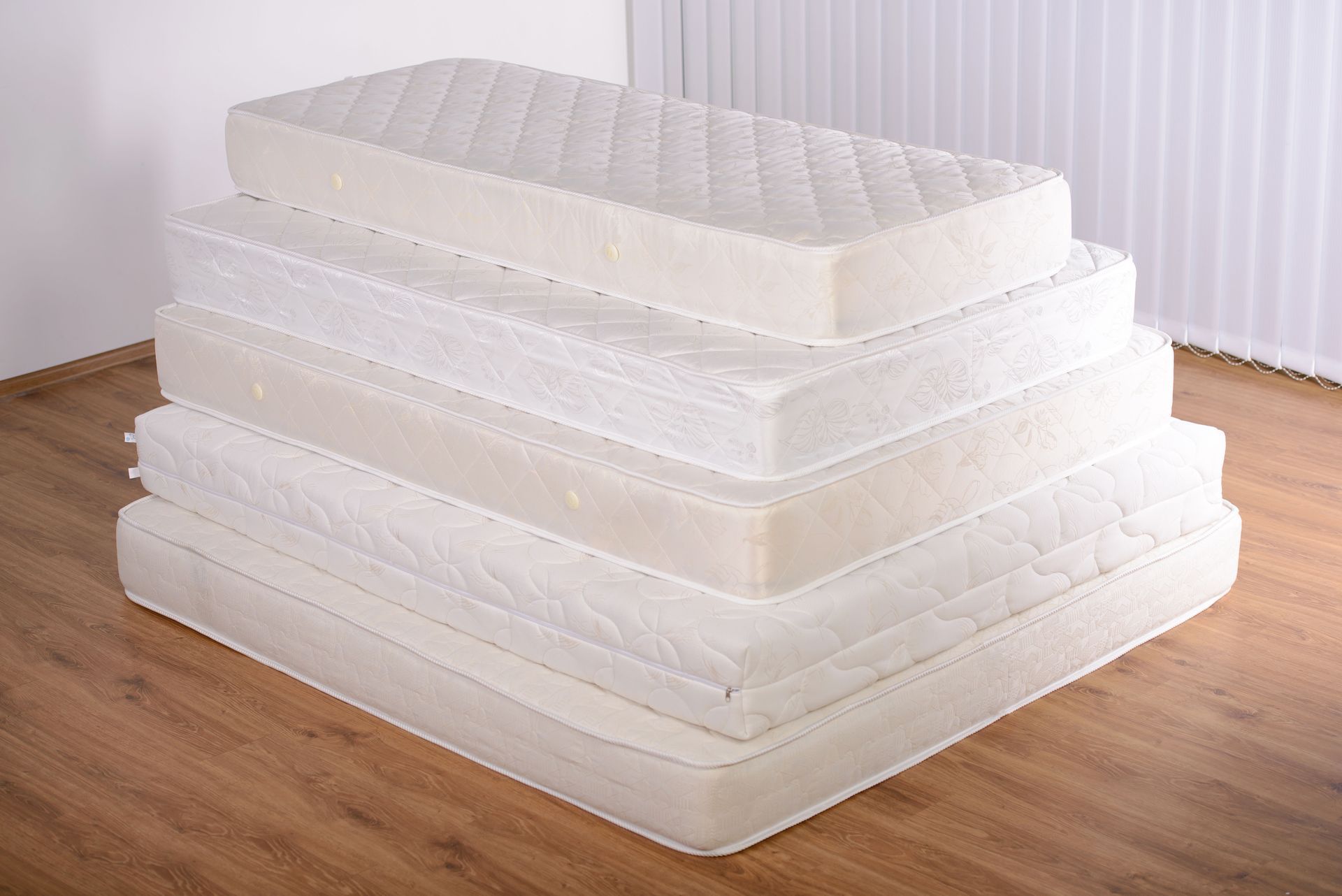Managing Medical Conditions That Impact Sleep in Special Needs Populations
Sleep is essential for overall health, yet it remains a common challenge for individuals with special needs. Medical conditions, including autism spectrum disorders, Down syndrome, and cerebral palsy, often affect sleep patterns and duration. According to the Annie E Casey Foundation, 20% of kids in the U.S. have some form of disability, highlighting the widespread need for tailored sleep solutions. Proper sleep management not only improves physical health but also supports emotional well-being, cognitive function, and daily functioning, making it a crucial aspect of care for these populations.
Addressing Neurological and Behavioral Factors
Many special needs individuals face sleep disturbances due to neurological or behavioral conditions. For example, children and adults with autism may experience irregular sleep cycles or insomnia. Establishing consistent bedtime routines and creating calming sleep environments can help manage these challenges. Understanding and addressing the unique neurological and behavioral needs of each individual allows caregivers to implement strategies that promote more restful and restorative sleep.
Improving Physical Comfort and Support
Physical limitations and chronic pain can also disrupt sleep, particularly for those with cerebral palsy or muscular dystrophy. Providing a comfortable and supportive sleep surface is crucial. Using a special needs bed designed for durability and ease of cleaning ensures long-term comfort and stability, supporting restful sleep for individuals who require additional physical support.
Utilizing Specialized Bedding Solutions
Special needs beds offer unique features that address both physical and environmental challenges. These beds are engineered for comfort, safety, and adaptability, helping caregivers provide the best possible sleep experience. Choosing a high-quality special needs bed can make a significant difference in daily well-being and overall health. Integrating these beds into a well-planned sleep environment ensures individuals receive the support and comfort they need every night.
Addressing the multiple factors that affect sleep for special needs individuals requires a thoughtful and comprehensive approach. By focusing on neurological, physical, and environmental considerations, caregivers can significantly improve sleep quality and overall health outcomes. Investing in specialized tools such as a special needs bed and creating a personalized sleep environment supports restorative rest, which is essential for physical recovery, emotional stability, and daily functioning. Explore Kayser Betten US to find beds specifically designed to meet the unique needs of individuals with special needs and improve their sleep experience.










